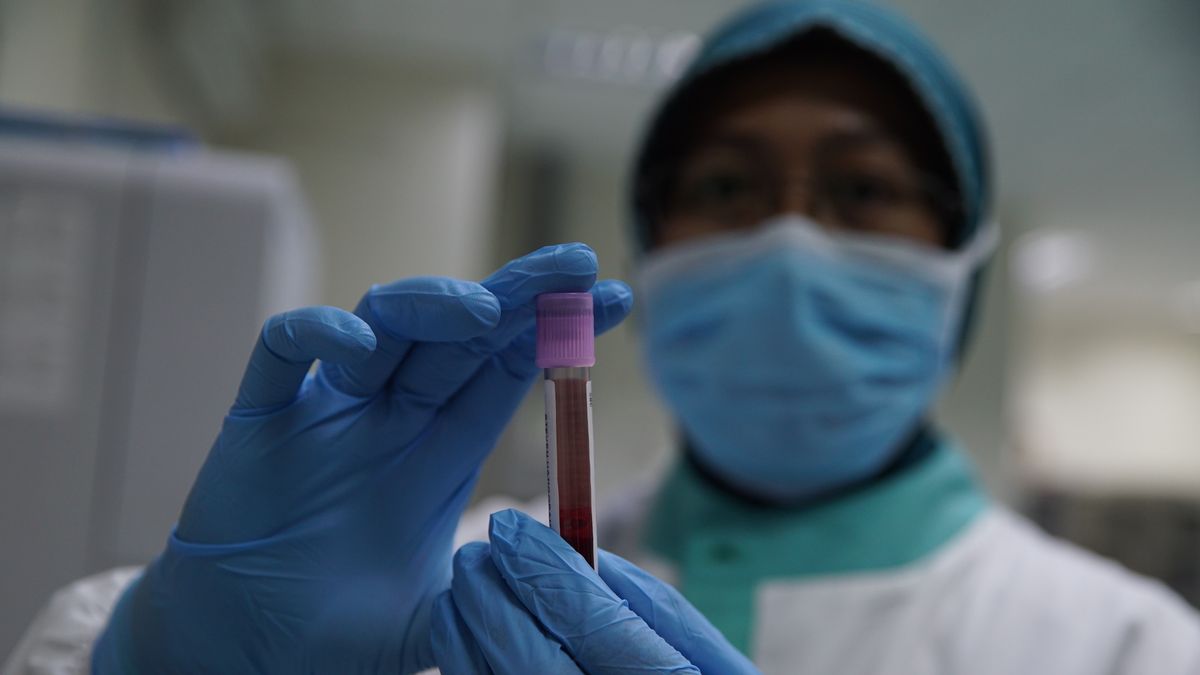JAKARTA - Australian Griffith University epidemiologist Dicky Budiman assessed that the recovery rate is not appropriate as a benchmark for the government to take a stand regarding the control of the COVID-19 outbreak. This is because nearly 80 percent of patients affected by this virus will recover on their own without treatment intervention.
"Although the recovery rate helps to give positive hope to the public, this figure epidemiologically does not provide much information to make recommendations for follow-up and mitigation to control the outbreak," Dicky said as quoted from his Twitter account, Tuesday, November 3.
Furthermore, when contacted by VOI, Dicky said this recovery rate was not very meaningful in relation to the COVID-19 outbreak control program.
"Because yes, the name is in fact the majority of patients will recover on their own without any intervention. So yes, just staying at home is the main thing," he said.
In addition, he considered, this recovery rate tends to be high because it is usually accompanied by a low number of COVID-19 testing in the community. So, the exposed community has not been detected but he has already passed it on to other people around him.
"So in my opinion, what is more important is to assess the performance of case control programs, both symptomatic and especially those without symptoms in the community by looking at the positivity rate," explained Dicky.
It is known that Indonesia has still recorded a positivity rate of 14.2 percent and has never drastically dropped to a single digit. In fact, the World Health Organization (WHO) recommends a positivity rate in a country of no more than five percent.
The positivity rate is the percentage of people who test positive for Covid-19 compared to the number of people tested.
Returning to Dicky, he said that so far, health institutions in other countries such as the Centers for Disease Control and Prevention (CDC) in the United States have never used the recovery rate as a reference for controlling COVID-19. This is because this figure cannot be used as an indicator.
In addition, this cure rate should also be seen further. Bearing in mind, patients who recover from COVID-19 will not necessarily return to their health as they were in their initial conditions.
"There are those who after entering this period of recovery he has sequelae. Research has proven that there is damage to the lung and heart organs," he said.
He said, this recovery rate could indeed be used as a way to convey the good news. However, the government still has to remind its staff and the public not to let their guard down with this pandemic.
"The recovered figure can indeed give a positive message, yes. But it must be balanced with messages that build awareness and vigilance both in terms of awareness of the central and local governments in implementing 3T (testing, tracing, and treatment) as well as public awareness in implementing 3M (maintaining a distance. , wearing masks, and washing hands), "he concluded.
The English, Chinese, Japanese, Arabic, and French versions are automatically generated by the AI. So there may still be inaccuracies in translating, please always see Indonesian as our main language. (system supported by DigitalSiber.id)










